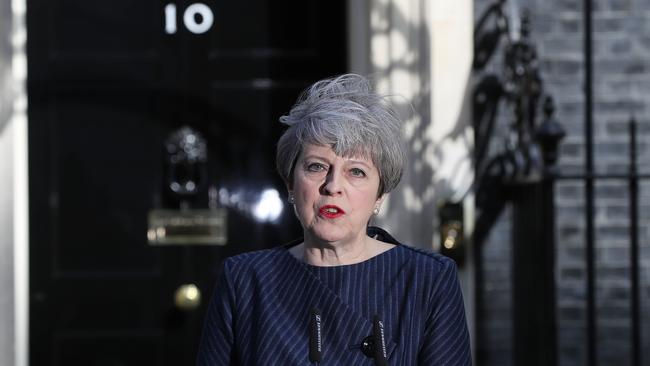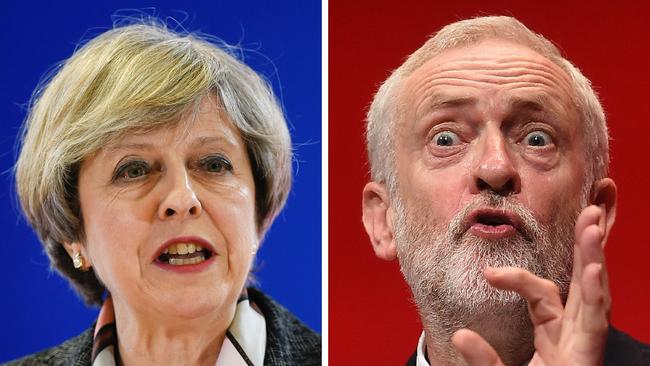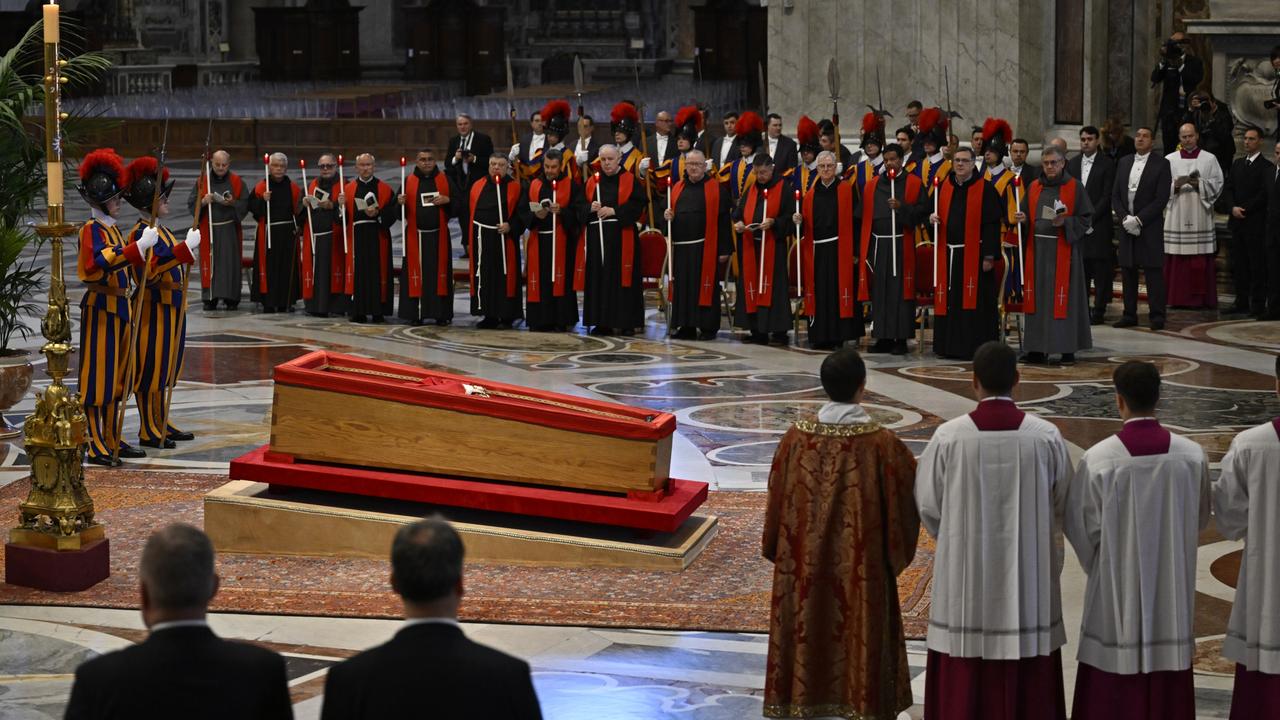British PM Theresa May calls snap election for June 8
British PM Theresa May has called for an election for June to capitalise on a huge polls lead and consolidate her mandate.

British prime minister Theresa May has called a snap general election in early June to capitalise on a huge lead in the polls and consolidate her Brexit mandate.
But the surprise move threatens to plunge the country into a quasi-referendum to continue leaving the European Union.
Mrs May has called for the election to be held on June 8, but the election proposal requires the approval of the House of Commons, with the support of the opposition.
Mrs May said the election was necessary to stop the game playing and political manoeuvring by the Labour party, the House of Lords and the Scottish Nationalists who were jeopardising the Brexit negotiations.
Mrs May’s Conservative party is a huge 23 points ahead in the polls with the Labour party, led by Jeremy Corbyn, in disarray and the Liberal Democrats enjoying just 12 per cent support. The calculated move could give Mrs May an increased majority to be able to drive through her Brexit plans and also shore up her own authority within the party.

The pound, which had briefly plunged amid uncertainty at what Mrs May was about to announce, recovered and is trading at a three month high against the US dollar.
Mrs May said: “The Liberal Democrats want to grind the business of government to a standstill, the Scottish nationalists say they will vote against the Brexit legislation, and unelected members of the House of Lords have vowed to fight us every step of the way. Our opponents believe our resolve will force us to change course. They are wrong, they underestimate our determination to get the (Brexit) job done.’’
Mrs May, standing in front of 10 Downing Street, added: “What they are doing jeopardises the work we must do and weakens our negotiating position in Europe, their political game planning will continue.’’
Mrs May noted how there was a small window of opportunity to hold the election while the European Union was still formulating its Brexit position.
”We need the general election and we need one now,’’ she said.
”We have a one off change to get this done while the European Union gets its negotiation position.’’
She said she had only recently and reluctantly come to the conclusion to hold the election and she has bluntly called the bluff of her political rivals.
After triggering article 50 of the Lisbon Treaty last month, there is no mechanism to reverse Brexit, but the political opposition says the upcoming vote is an opportunity to influence the type of Brexit that is carried out.
The Liberal democrat Tim Farron said the election would be a chance to keep Britain in the single market — which would also mean agreeing to Europe; s demands for unfettered immigration.
Mr Farron said: “This election is your chance to change the direction of our country.
If you want to avoid a disastrous hard Brexit. If you want to keep Britain in the single market. If you want a Britain that is open, tolerant and united, this is your chance.’’
Jeremy Corbyn welcomed Mrs May’s move saying it will give the British people the chance to vote for a government “that will put the interests of the majority first”.
He said: “Labour will be offering the country an effective alternative to a government that has failed to rebuild the economy, delivered falling living standards and damaging cuts to our support and NHS.
“In the last couple of weeks, Labour has set out policies that offer a clear and credible choice for the country. We look forward to showing how Labour will stand up for the people of Britain.”
Scottish National parliamentary leader Angus Roberson had a dig at Mrs May’s previous refusal to go to the polls, saying; “Whatever happened to ‘now is not the time’?’’
But political analysts say there is some risk that the Conservative party’s strong support may drop during the next six weeks.
John Curtice, professor of politics at the University of Strathclyde, told the BBC: “We should bear in mind that Theresa May is very much going for a ‘vote Conservative for my vision of Brexit’. And that perhaps is going to make some Conservative voters unhappy. If that lead were to narrow then we could discover that she is back with a rather smaller majority than perhaps she is hoping for.”
But Curtice noted the Labour opposition has failed to present a coherent plan.
“The Labour party is at sixes and sevens on its stance on Brexit,’’ he said.
“There are divisions inside the Conservative party. The opposition is probably even more divided on the subject and she’s probably banking that so long as this remains the central issue, the Labour party will not be capable of fighting an effective alternative position.”





To join the conversation, please log in. Don't have an account? Register
Join the conversation, you are commenting as Logout